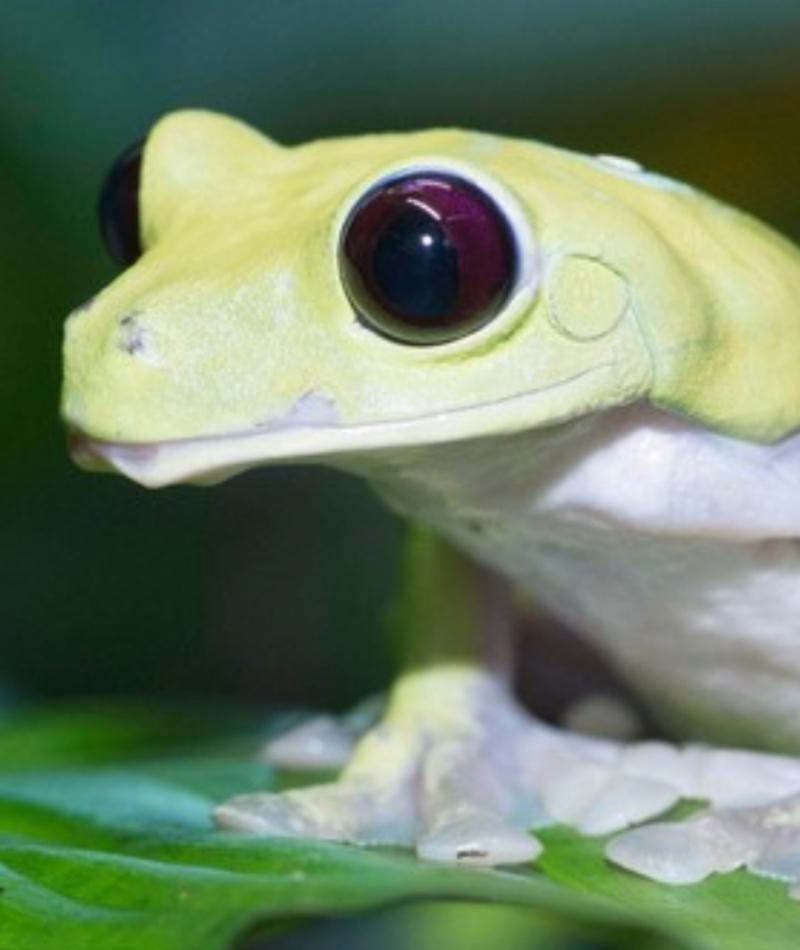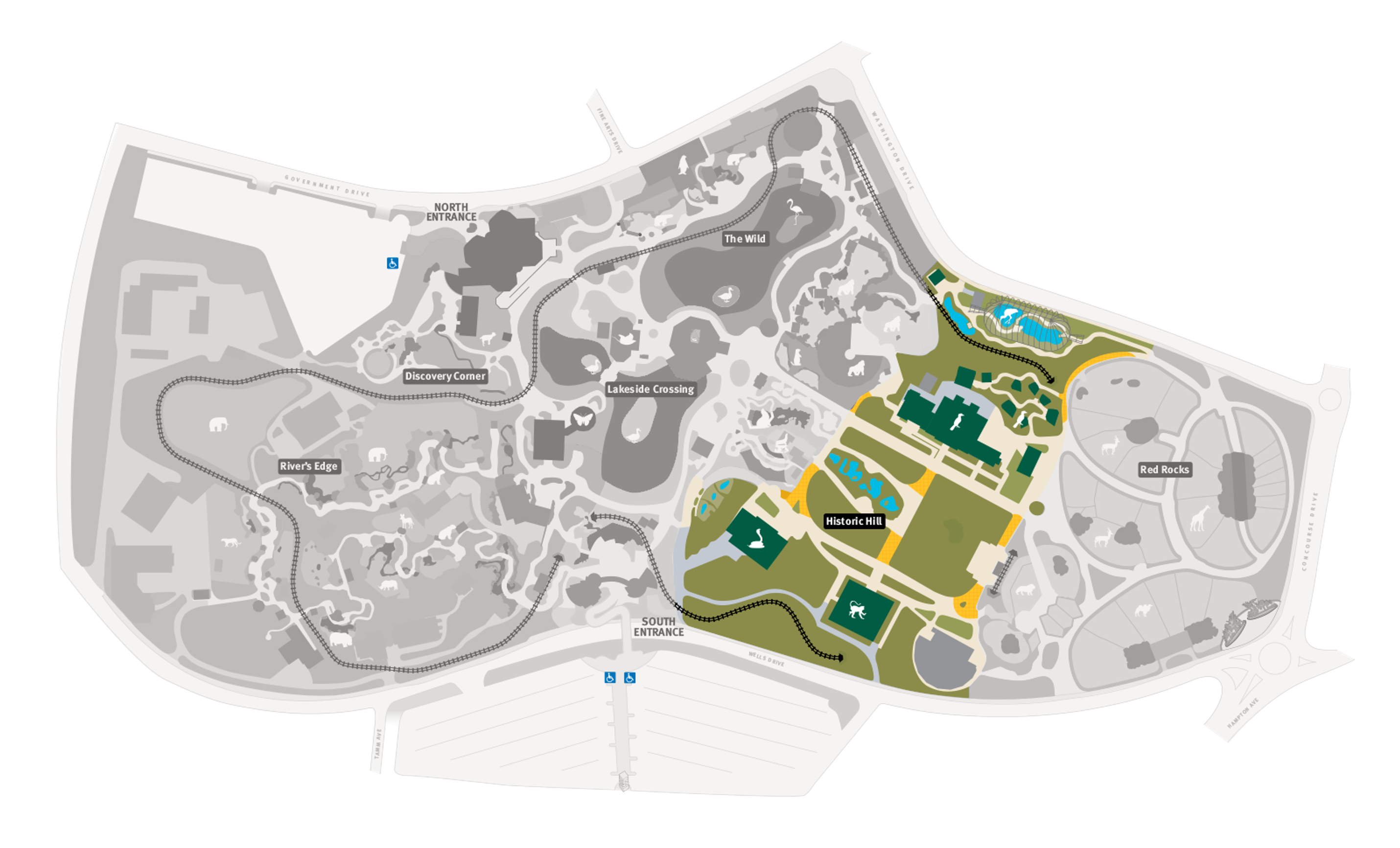
Spurrell's Leaf Frog
Agalychnis spurrelli
Did you know?
- Spurrell’s leaf frogs are a part of the Hylidae family, which they share with other frogs, including many tree frog species.
- They are also known as gliding tree frogs.
- They live in rainforests in Southern Costa Rica to Western Ecuador.
- They can glide through the air due to extra skin between their toes.
- In 1970, over 13,000 individuals were spotted breeding at one pond!
Tree Frogs
There are over 800 species of tree frogs and about 30 tree frog species endemic to North America. Most tree frogs live in trees, though there are a few exceptions. All tree frogs have back toes that are shaped like claws, which help them live in branches and places off the ground. They are typically small and have toe pads that help support their arboreal lifestyle.
Adaptations
Spurrell's leaf frogs use the extra skin between their toes like webbed wings. This extra skin allows them to glide in the air. They will leap from the top of the rainforest, then glide from tree to tree! Though they spend most of their life high up in the tree canopy, they will come to the ground during a full moon to breed.
Threat Level
- Unknown
- Common
- Near Threatened
- Threatened
- Endangered
- Critically Endangered
- Extinct in the Wild
Near Threatened
The Spurrell's Leaf Frog is likely to qualify for threatened category in the near future, perhaps very quickly depending on local development projects such as rainforest logging.
Range
Southern Costa Rica to Western Ecuador
Habitat
Rain forests

We care about Spurrell’s leaf frogs
We support Spurrell’s leaf frogs in the Herpetarium at the Zoo. Learn more about how we are helping amphibians around the world.
Find this animal in Historic Hill

SAINT LOUIS ZOO ZONE
Historic Hill
Historic Hill is a lovely stroll through one of the oldest parts of the Saint Louis Zoo. From the 1904 World’s Fair Flight Cage to the Spanish architectural flavor of the 1920s in the Bird House, Primate House and Herpetarium to the finishing touches of our thoroughly modern exhibits, this area of the Zoo has a unique ambiance and a nostalgic history that make it a great destination.

